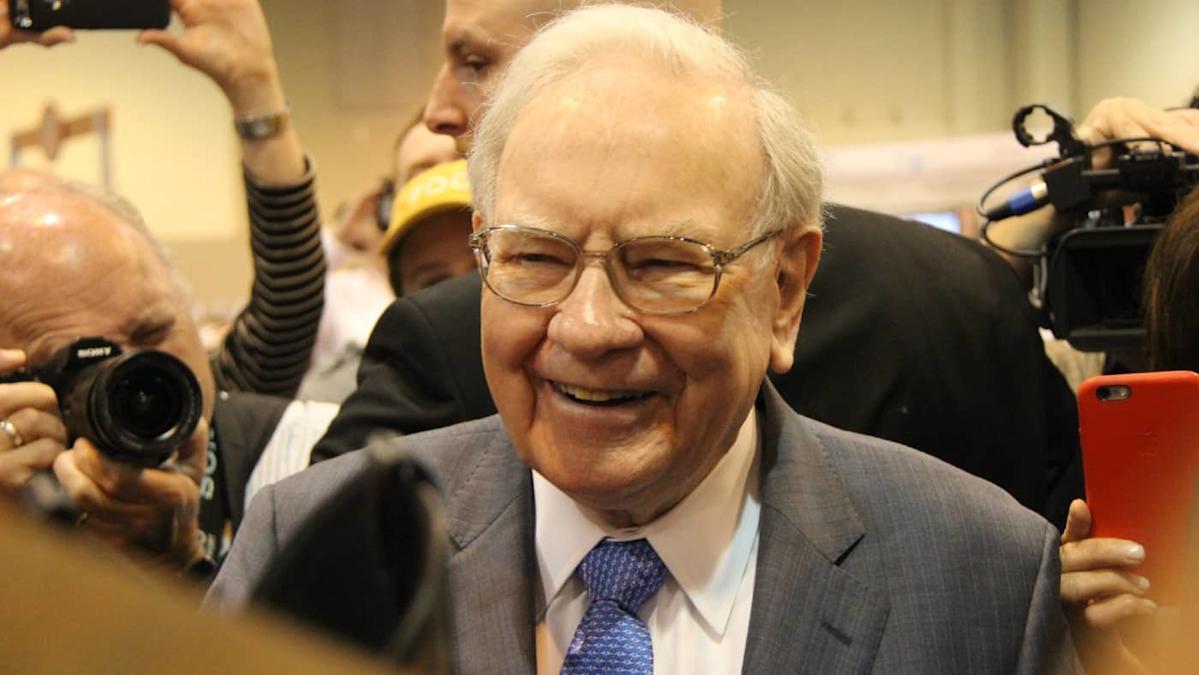Anyone new to investing can learn a lot from the sound advice of Warren Buffett. The 95-year-old billionaire is considered the world’s greatest investor, transforming his firm, Berkshire Hathaway, into a $1.1trn super-giant, despite only starting with just $105,100 in 1956.
Having a hundred grand to kick-start an investing journey is undoubtedly advantageous. Yet, Buffett’s strategy and tactics are still applicable for even the tiniest of investors starting with just £500 today.
So how can new investors take this small lump sum and transform it into something far more substantial?
There are two key lessons from Buffett that every novice investor needs to know, in my opinion:
-
“Rule #1 is never lose money. Rule #2 is never forget Rule # 1”.
-
“Evaluate companies within your circle of competence”.
Not every investment Buffett has made has been a success. In fact, there have been some painful mistakes over the years. But by being informed, having some healthy scepticism, and avoiding speculative or reckless investments, the risk of making painful errors can be drastically reduced. That’s how Buffett applies his ‘Rule #1’.
The second bit of advice is equally as important. Investors don’t need to buy shares in complex bleeding-edge sectors like biotech or exploration-stage mining to make money. Instead, Buffett’s always stuck to the industries that are easy to understand. And some of his most successful investments, like Coca-Cola, have come from these simple sectors.
In other words, by investing exclusively in industries and companies that are easy to understand, investors can drastically reduce risk from ignorance.
With all that said, what are some shares that new investors can consider for potentially solid long-term returns?
There are never any guarantees with any investment since even the most promising of enterprises have to navigate unique risks and challenges. Having said that, one UK Buffett-style stock that I’ve got my eye on right now is Premier Foods (LSE:PFD).
Premier’s business model is as straightforward as they come. It buys raw ingredients, manufactures food products, and then leverages its branding power to sell them at a premium. And today, 89% of British households buy at least one of its products each year, with an estimated 70% repeat customers.
In other words, the firm’s brands often find themselves on families’ weekly shopping lists. And with international expansion efforts underway in Australia, Europe, and North America, management‘s seeking to replicate its UK success abroad.
